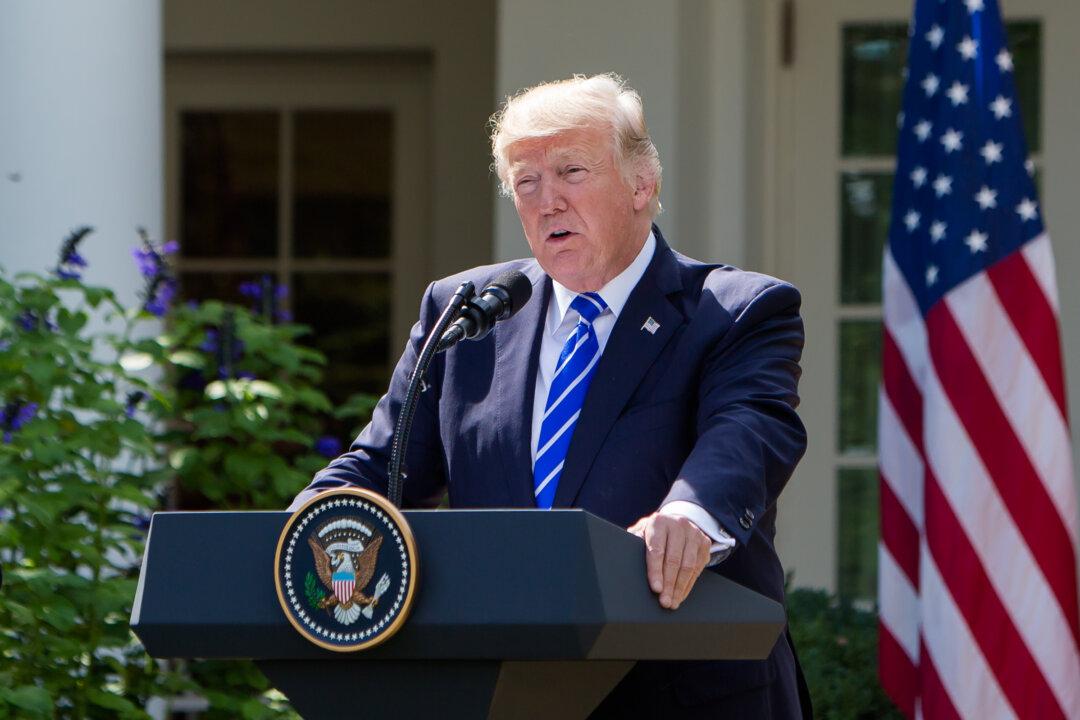A federal judge threw out a lawsuit that alleged the campaign of then-candidate Donald Trump colluded with the Russian government to release emails stolen from the server of the Democratic National Committee (DNC) before the 2016 election.
U.S. District Court Judge Ellen Huvelle didn’t rule on the merit of the case, because the suit failed to meet one of the prerequisites: that the Washington court had jurisdiction over it.





